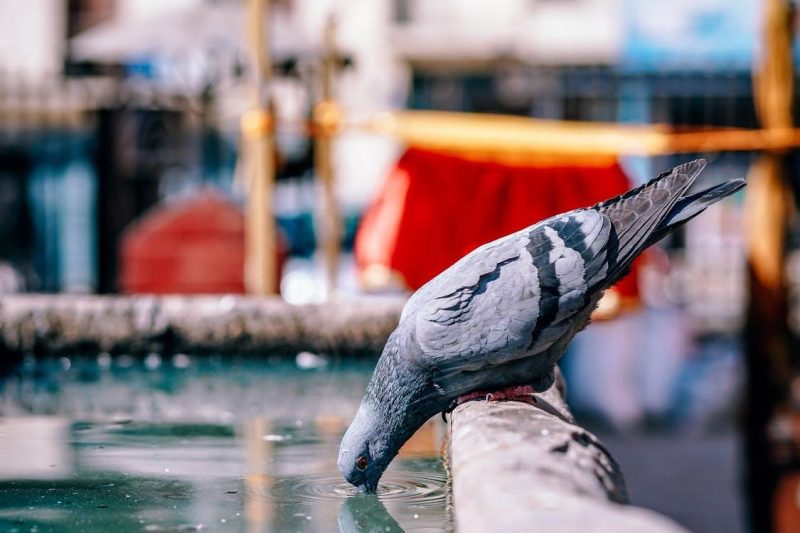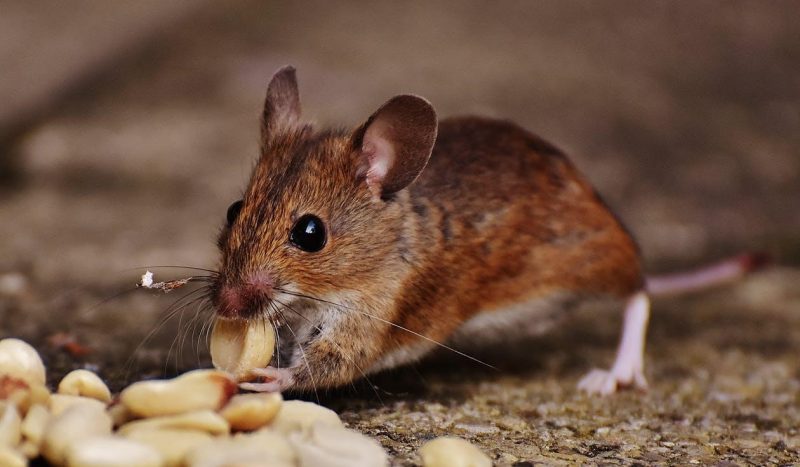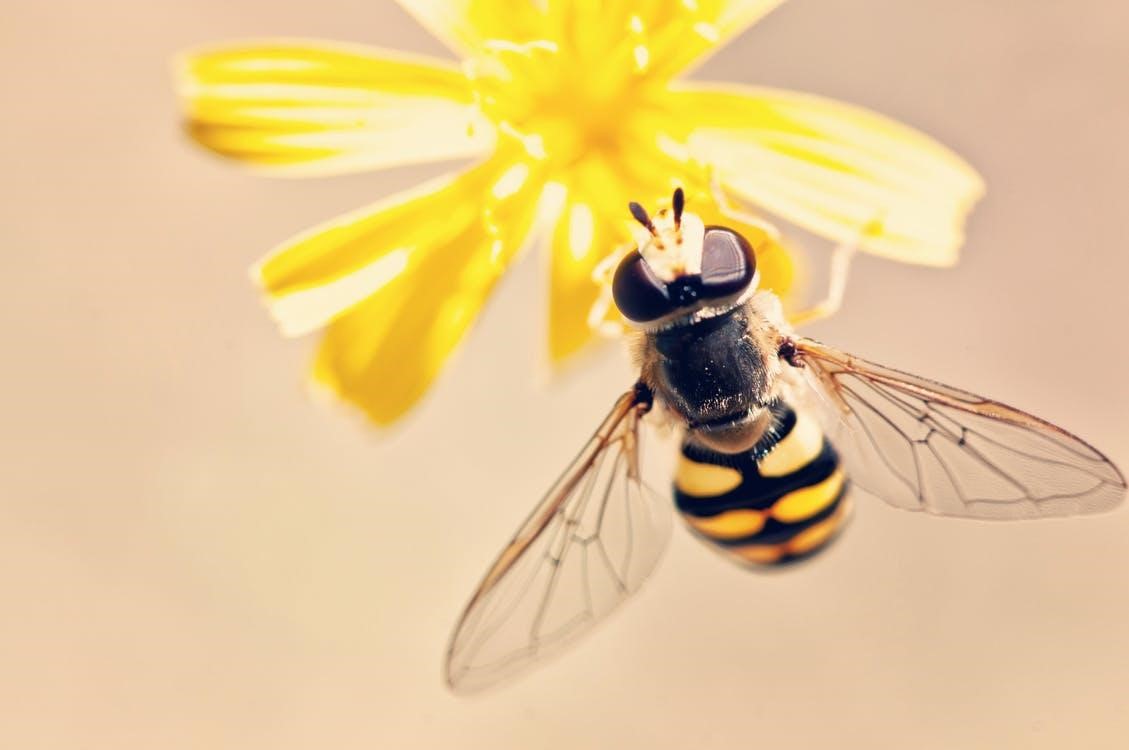Tackling “Pests” in the Most Ethical Way Possible
Humans and animals have had to learn to live side by side for generations now. We have had to impose ourselves on many animal’s natural habitats in order to build our own properties and places to live. So it’s important that we are as accommodating as possible with wild creatures who are living alongside us. They’re just looking for a place to live too, after all! What we label “pests” are in fact other living beings who so happen to be treading on our territory. But there are often reasons that they choose your property over others and there are generally simple ways to usher them onto new turf . Here’s a quick run through of animals that are commonly perceived as pests and how to deal with their presence.
Last Resorts
Let’s start with last resorts. There are certain cases where you may not be able to move certain animals along and they may be causing serious damage to your property or harm to your family and loved ones. Take, for example, a termite infestation that is chewing away at your property. They won’t move on, as they will have a constant supply of food and will remain in place until it has gone. This would essentially mean a constant presence until you are quite literally eaten out of house and home. In these types of cases, you may have to resort to exterminating or eliminating them. Use companies such as NeverPest, who will be able to undertake the work while causing the creatures as little pain and suffering as possible.
Pigeons
If you live in any inner-city area, you’ve probably got quite a few pigeons around. What’s more? These birds are social animals so tend to live in flocks. The good news? Pigeons aren’t actually dirty or unclean birds. They have an undue reputation as “vermin” and “filthy”. Did you know that the flocks of feral pigeons that you see on the streets are actually just the offspring of escaped or lost homing pigeons that we bred ourselves? This explains the huge array of colors and feather patterns that you see. Doves are also a member of the pigeon family, so remember that the beautiful doves that people release at weddings and other occasions are just white versions of the animals you see pecking about on the streets. However, if you’re still not fond of these fine feathered beings, you don’t have to turn to the extreme of laying traps or shooting them. If you have pigeons hanging about your property there will be a reason: they are finding a supply of food nearby. Pigeons are fond of seeds, corn and peas. But will eat a whole host of scraps if needs be. So just make sure that you’re not leaving bits and bobs around. If you lay bird seed in your garden, you’ll have to accept that you’ll get a whole array of birds coming to feed. You can’t pick and choose. If there’s no food about, pigeons won’t just perch on your property. It puts them at risk of being caught by predators such as sparrow hawks, peregrine falcons and cats.
Mice and Rats
Mice and rats are intelligent creatures. Many of us even opt to have them as companion pets. They are small rodents that will take advantage of any source of food or shelter available to them. Human homes and sheds tend to cover both of these areas, so it’s not all too surprising that you may find yourself with a family of mice or rats hanging around your humble abode. This is a tale as old as time. However, our understanding of these creatures and ways of dealing with them have come a long way since the laying down of poison and rat traps. Poison and rat traps may kill the odd creature here or there, however, mice and rats reproduce quickly, so they often don’t solve the issue outright. They are also problematic if you have children or pets who could accidentally ingest the poison or touch the traps themselves. The most effective way of dealing with a mouse or rat problem is to completely remove their source of food. They will move on relatively quickly when they realize that there’s nothing there for them. This may mean removing bird seed from feeders in your garden, as they are ample climbers and will be able to get into almost any space, nook, or cranny in order to find a filling meal.
Wasps
You won’t find all too many people who are tolerant of wasps. Their friendly, fuzzy cousins the bumblebee have a whole lot more fans. Why? Because they only sting when threatened or attacked. If they sting you, they sacrifice their own life as they will die. Wasps, on the other hand, can sting time and time again. They are less choosy and careful about when they decide to sting. Of course, this is inconvenient, especially if you have pets or children who may disturb them. Most wasps are solitary, so can easily be caught in a jar and released away from your home. Some species however live in swarms and will build nests in which they live in mass. Keep an eye out for nests in your loft space, sheds, and garages. These warm, dry, safe spaces appeal to swarms. Removing wasps from your property is a simple process. All you have to do is wait for the queen to vacate the nest. The other wasps will leave with her. You then merely have to fill the nest with soil and block all entry points. This will prevent another queen entering in the spring. Problem resolved!
Ants
Sticking with the creepy crawly, theme, let’s take a look at ants. This tiny creature can cause a big stir once they gain access to your house. Unsurprisingly, their small size also means that they can get in and out of your property with relative ease and there are very few ways that you can prevent this. They also live in colonies, so it’s very rare that you’ll encounter a lone ant who can be caught and released back outside. You are much more likely to encounter hundreds, or perhaps even thousands of them, working together to collect scraps of food to take back to their colony. This, of course, becomes problematic extremely quickly, as you don’t want endless trails of worker ants filing through your home. As with many of these pests listed, you will notice that ants tend to live where they can find a reliable source of food. So if you take this away, they will quickly find a new stomping ground. This, however, is easier said than done.
You’d be surprised how much food is left about with open access. But this is exactly what has brought this problem on in the first place. If anything, see this infestation as a blessing in disguise, as you’ll have to up your cleanliness and hygiene game to an all-time high if you want to resolve the issue. In the end, this will be beneficial to you and your property. A good place to start? Washing your dishes, pots, pans, cutlery, utensils and any other item you use for dining immediately after use. If you leave this things on the side or in the sink, a line of ants will quickly source it and start clearing it of scraps. If you clean these items immediately after use, there will be nothing for them to scavenge. Next, securing bins. Open top bins are an absolute no go. You need something with a lid that can be tightly sealed so as not to allow anything in or out. Another course of action?
Sealing all of the food in your cupboards tightly. Ants will not be able to enter fridges or freezers, but they will give cupboards a good go. Use clips to effectively seal bread bags and other opened items. Not only will this keep ants out, but it will keep your food fresher for longer. Bonus! The same goes for cereals and open packets of crisps, seeds, and nuts. Ants will take just about anything, so you can’t leave any area uncovered. Once you’ve cut off their supply of food, ants will generally clear off. It may take a little time for them to cotton onto the fact that there’s no longer anything in your home for them. But they will quickly become hungry and scarper, making a new home elsewhere.
These are just three of the most common creatures that become labelled as pests. However, there are plenty more. Moles, rabbits… the list goes on and on. If you find that you are struggling to live alongside any creature, don’t fret. There are generally simple, humane ways to deal with the situation. All you have to do is conduct a little research and find the most appropriate way to deal with things. Patience is a virtue in these kinds of situations. So take your time. Hasty actions often have little positive effect and will see the return of creature’s time and time again.







